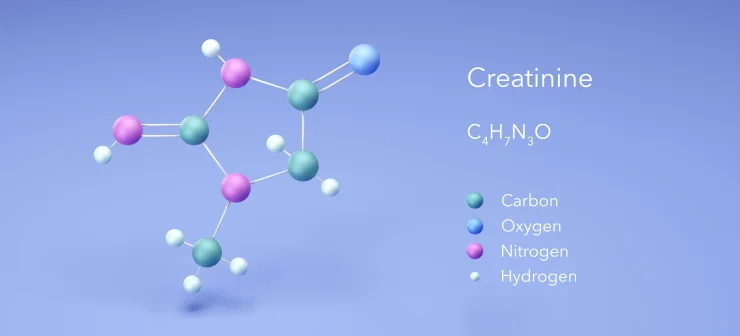For some people, kidney stones may pose a risk for kidney disease (7). Because of this, people who are prone to kidney stones should avoid collagen supplements, especially those with primary hyperoxaluria, a genetic disorder that increases your kidney stone risk (8).
If you don’t have an unusually high risk of kidney stones, however, collagen is usually considered safe.
3. There’s a Lot We Don’t Know Yet, So Talk to Your Doctor
If your kidneys are healthy and not at risk, you are fine to take collagen unless your doctor says otherwise. Collagen is not linked to an increased risk of kidney stones or other kidney issues in people with healthy kidneys.
If you have kidney disease or regularly get kidney stones, there’s a chance that collagen could increase your risk of these health issues. There’s a lot we still don’t know, and there’s a lot left to learn from the research that does exist…
For example, one study indicates that the body’s collagen levels may increase with the progress of kidney fibrosis (the formation of scar tissue in the kidneys that occurs in virtually all types of kidney disease). The study also found that decreasing the amount of collagen in the body may slow that process (9).
Another study found that collagen levels may serve as an important marker of the progress of this fibrosis (10).
When it comes to kidney stones, some research indicates that reducing the hydroxyproline in your body (and thus reducing your collagen intake) may not even be necessary for reducing your risk, as long as you increase your calcium intake (11, 12).
All of this to say: It’s currently unclear whether collagen poses a direct risk to people with kidney-related health issues when taken in regular doses. It’s complicated! But when it comes to your health, erring on the side of caution is always a good idea. Unless your doctor gives the okay, it’s better for kidney disease patients to curb their collagen consumption.






